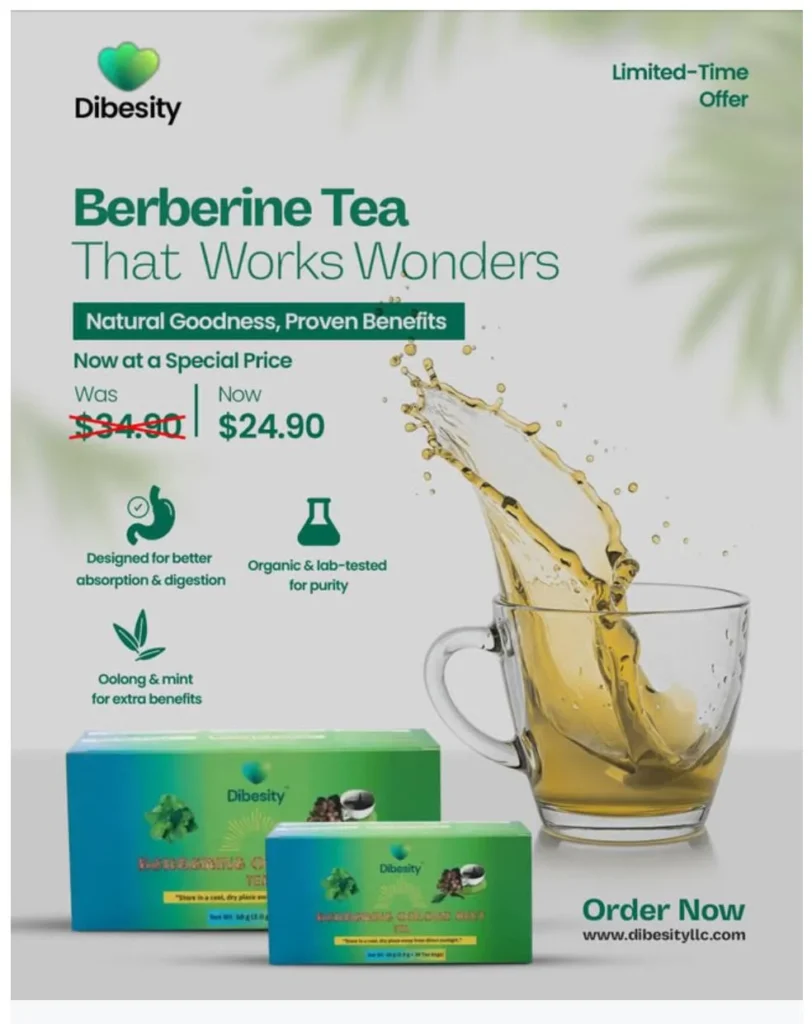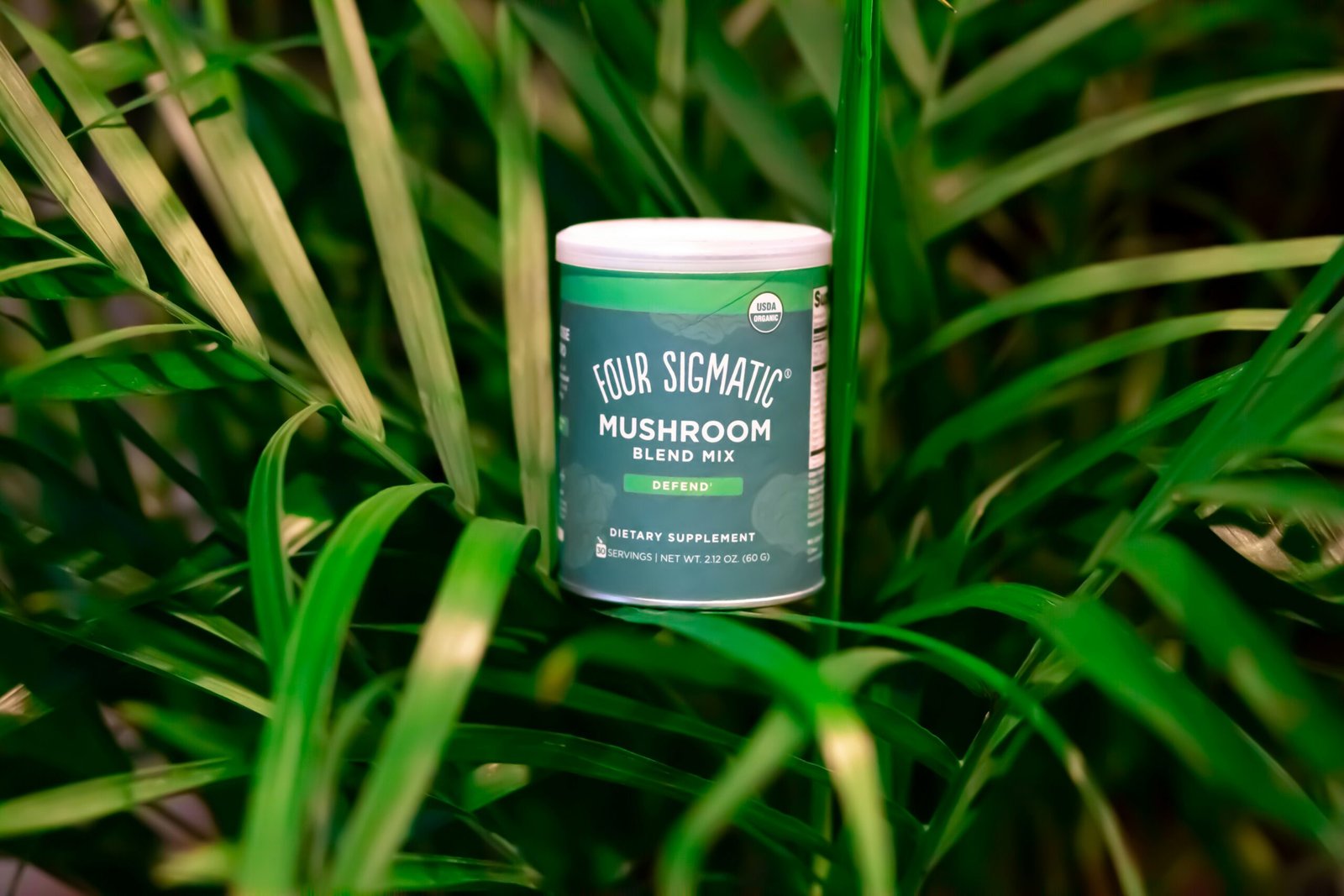Mushroom tea, a beverage gaining significant traction in wellness circles, is a unique infusion prepared from various types of mushrooms. Originating from the traditional practices of Eastern medicine, particularly in Asia, this tea is celebrated not only for its distinct flavors but also for its potential health benefits.
Commonly utilized mushrooms in these brews include reishi, chaga, lion’s mane, and cordyceps. Each of these varieties is believed to harbor a complex array of bioactive compounds that may contribute to overall well-being.
The traditional beliefs surrounding mushroom tea are steeped in cultural significance. In ancient Chinese medicine, certain mushrooms were thought to promote longevity and vitality.
Similarly, in Japan, mushroom consumption has long been associated with health, leading to various culinary applications. The increasing popularity of mushroom tea in contemporary society can be attributed to a growing interest in natural remedies and holistic health approaches. Many enthusiasts appreciate its earthy flavors and the perceived connection to nature that mushroom tea offers.
As the wellness community embraces this natural beverage, discussions frequently arise regarding its health benefits. Research suggests that mushroom tea may provide a range of advantages, such as immune support, stress reduction, and cognitive enhancement.
Moreover, mushroom tea is often compared to other popular beverages, such as oolong tea. This comparison allows consumers to evaluate different aspects, including flavor profiles, health benefits, and preparation methods.
As we delve deeper into the health benefits of mushroom tea and its distinctions from oolong tea, it becomes clear that this ancient brew holds a promising place in modern dietary practices.

Health Benefits of Mushroom Tea
Mushroom tea is gaining recognition for its potential health benefits, representing a natural solution for those seeking to enhance their well-being. Various medicinal mushrooms, including Chaga, Reishi, and Lion’s Mane, each offer unique properties that contribute to health.
For instance, Chaga is well-known for its high antioxidant content, which helps combat oxidative stress in the body. This can lead to improved overall health by reducing inflammation and supporting immune function.
Reishi, often referred to as the “mushroom of immortality,” has been associated with stress relief and potential mood enhancement. Research suggests that it may help in regulating mood by modulating the body’s response to stress.
Users of Reishi mushroom tea often report feelings of calm and an improved sense of emotional well-being, making it a valuable ally for those navigating the challenges of daily life.
Lion’s Mane is another notable variety known for its cognitive benefits. Scientific studies indicate that compounds in Lion’s Mane can stimulate nerve growth factor, a protein essential for the survival and function of neurons.
This has implications for memory enhancement and may even provide neuroprotective benefits, making Lion’s Mane mushroom tea an appealing choice for those interested in cognitive health.
Additionally, the various health benefits of mushroom tea are supported by scientific research that highlights the potential efficacy of these mushrooms in promoting overall wellness. For example, a study published in the journal “Antioxidants” emphasizes the antioxidant properties of many mushroom varieties, showcasing their role in preventing chronic diseases.
This evidence adds weight to claims regarding the health benefits of mushroom tea compared to other types of beverages, such as oolong tea, which, while beneficial, does not offer the same spectrum of medicinal properties.
In conclusion, mushroom tea provides a multifaceted approach to health, drawing on the natural properties of mushrooms to support immune function, enhance mood, and promote cognitive health. As more individuals look for holistic health solutions, mushroom tea emerges as a compelling alternative worth considering.

The Nutritional Aspects of Oolong Tea
Oolong tea, a traditional Chinese beverage, is known for its unique flavor profile and numerous health benefits. It undergoes a partial fermentation process that sets it apart from green and black teas, giving it a distinctive taste that is both floral and fruity. The fermentation process not only contributes to its flavor but also plays a significant role in enhancing its nutritional properties.
One of the primary health benefits of oolong tea is its rich antioxidant content. Antioxidants are essential in combating oxidative stress and inflammation in the body, which can lead to chronic diseases if left unchecked.
Oolong tea contains polyphenols, which are powerful antioxidants that help improve overall health. These compounds can prevent cellular damage and may contribute to the body’s defense against various ailments.
Another notable aspect of oolong tea is its potential to boost metabolism, which can aid in weight management. Studies have shown that the consumption of oolong tea can increase energy expenditure and fat oxidation, making it a great addition to a healthy lifestyle.
These metabolism-boosting effects are often compared to those of green tea, with oolong being particularly favored for its smoother taste that appeals to many tea drinkers.
In terms of weight management benefits, oolong tea may help regulate blood sugar levels and improve insulin sensitivity, contributing further to its role in maintaining a healthy weight.
This aspect is especially relevant in comparison to other teas, such as mushroom tea, which has its unique health benefits as well. While both oolong tea and mushroom tea offer significant advantages, each provides distinct effects and flavors that cater to different preferences and health needs.
Ultimately, oolong tea stands out for its antioxidant properties, metabolic benefits, and unique flavor, making it a valuable addition to any diet focused on health and wellness.

Mushroom Tea vs. Oolong Tea: A Health Comparison
When comparing mushroom tea and oolong tea, it is essential to consider various health aspects, including their nutritional profiles, caffeine content, and distinctive therapeutic properties. Both beverages offer unique benefits that cater to diverse health goals and preferences.
Mushroom tea is made from a variety of medicinal mushrooms, such as reishi, chaga, and lion’s mane, each bringing its own set of health benefits. For instance, reishi mushroom is known for its calming effects, which can help reduce stress and enhance sleep quality.
Moreover, mushroom tea is naturally caffeine-free, appealing to individuals seeking a stimulating beverage alternative without the jitteriness often associated with caffeine. Additionally, it is rich in antioxidants, which can bolster the immune system and promote overall well-being.
On the other hand, oolong tea, a partially fermented tea, is celebrated for its balance between green and black tea characteristics. Oolong tea contains moderate caffeine levels, which can provide a gentle energy boost, making it suitable for many tea drinkers.
Furthermore, it is known for its high concentration of polyphenols, which are powerful antioxidants linked to various health benefits, including improved metabolism and weight management. The caffeine content can also promote mental alertness, a distinct advantage for those needing an extra push during daily activities.
When examining the specific health benefits of mushroom tea versus oolong tea, it is crucial to recognize their unique medicinal properties. Mushroom tea may offer enhanced immune support and stress reduction, while oolong tea may be more effective for those focused on weight management and cognitive enhancement.
Ultimately, the choice between the two beverages may depend on individual health goals, taste preferences, and sensitivity to caffeine. Each drink presents a valuable option that could complement a well-rounded, health-conscious lifestyle.
Comparison Table: Mushroom Tea vs. Oolong Tea
| Feature | Mushroom Tea | Oolong Tea |
| Main Ingredients | Medicinal mushrooms (e.g., Reishi, Chaga, Lion’s Mane) | Partially oxidized tea leaves from the Camellia sinensis plant |
| Flavor Profile | Earthy, woody, sometimes nutty or mild bitterness | Floral, fruity, or slightly roasted, depending on oxidation level |
| Primary Benefits | – Boosts immunity – Supports cognitive function – Reduces inflammation – Enhances stress management | – Supports weight management – Improves heart health – Boosts metabolism – Antioxidant-rich |
| Caffeine Content | Caffeine-free (unless blended with tea leaves) | Moderate caffeine levels (approx. 30-50 mg per cup) |
| Active Compounds | Polysaccharides, beta-glucans, triterpenoids | Catechins, theaflavins, thearubigins |
| Preparation | Steep powdered or dried mushrooms in hot water | Steep tea leaves in hot water (70–90°C) |
| Popular Variants | Reishi, Chaga, Lion’s Mane, Cordyceps teas | Light oolong, dark oolong, milk oolong |
| Health Focus | General wellness, immune support, brain health | Weight loss, heart health, metabolic boost |
| Best Time to Consume | Morning or evening (caffeine-free options) | Morning or early afternoon (contains caffeine) |
| Cultural Origin | Traditional Chinese and alternative medicine | Predominantly China and Taiwan |
| Shelf Life | Long, if properly stored (dried mushrooms or powder) | Long, if stored in a cool, dry place |
| Popular Additives | Ginger, turmeric, lemon, or honey | Jasmine, rose, or mint |

